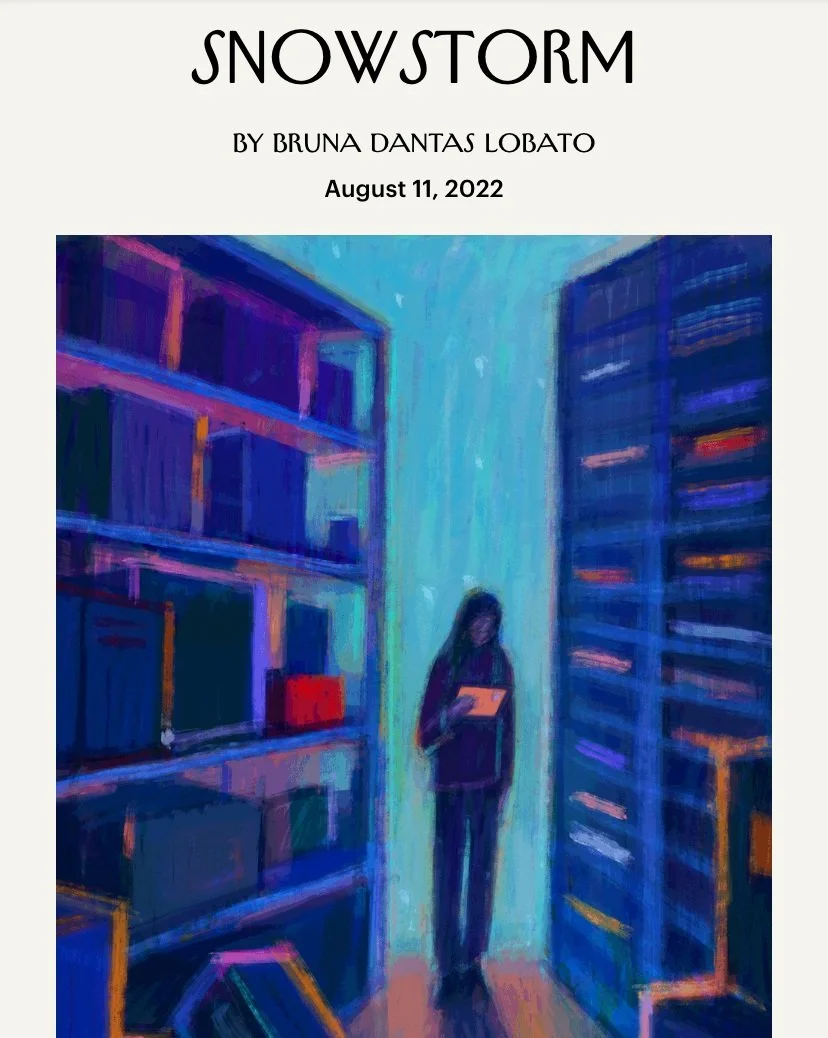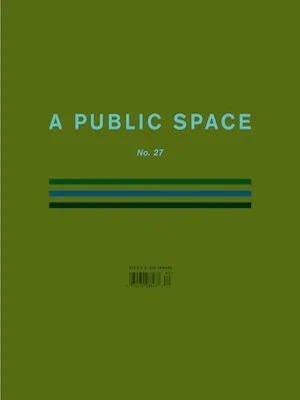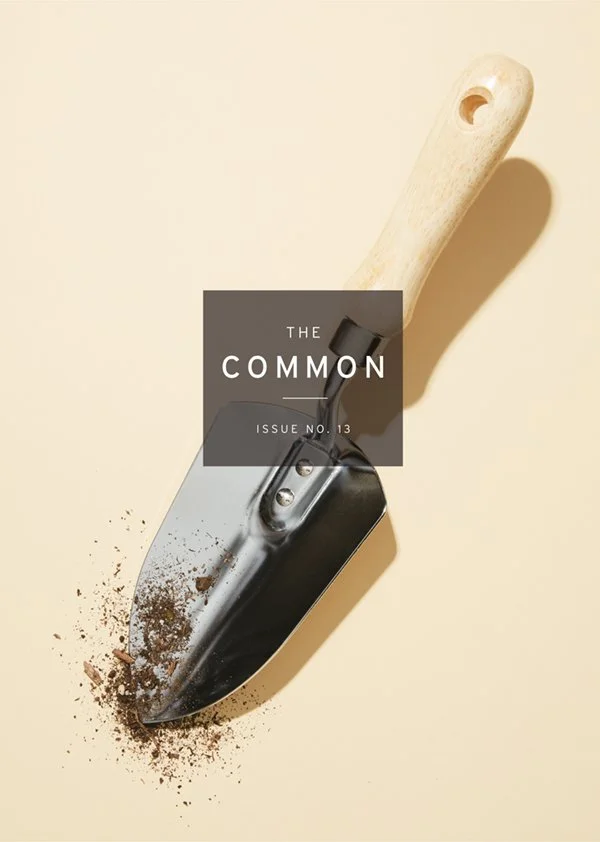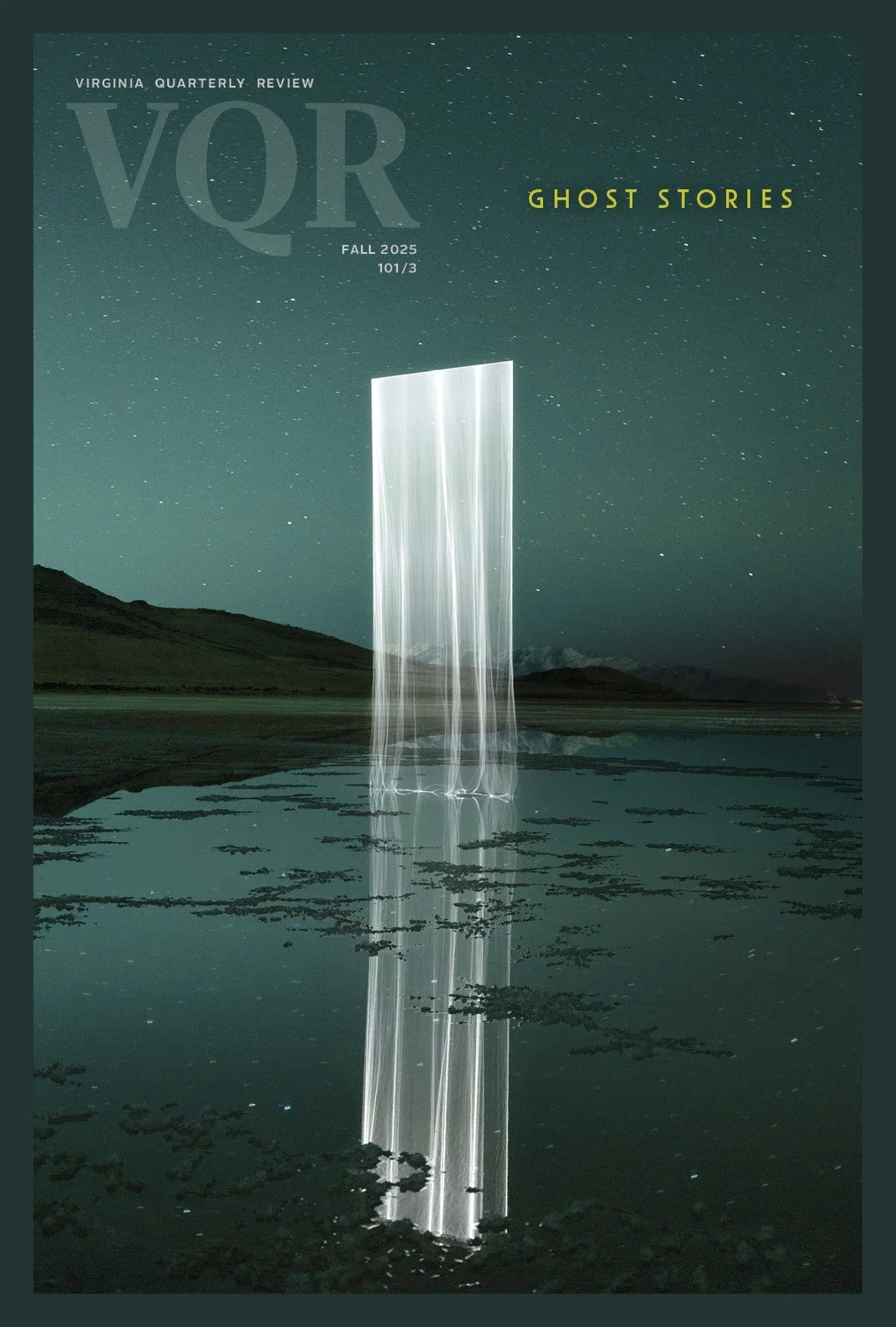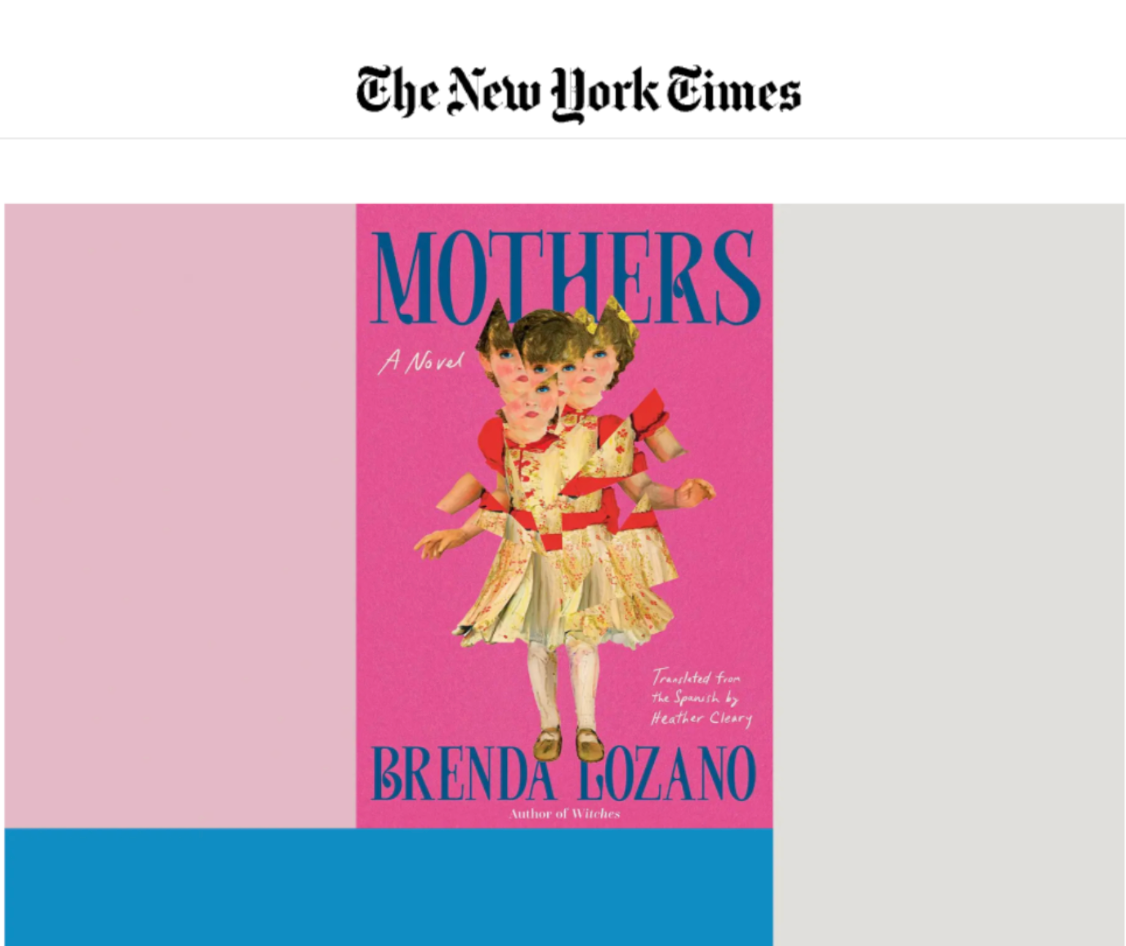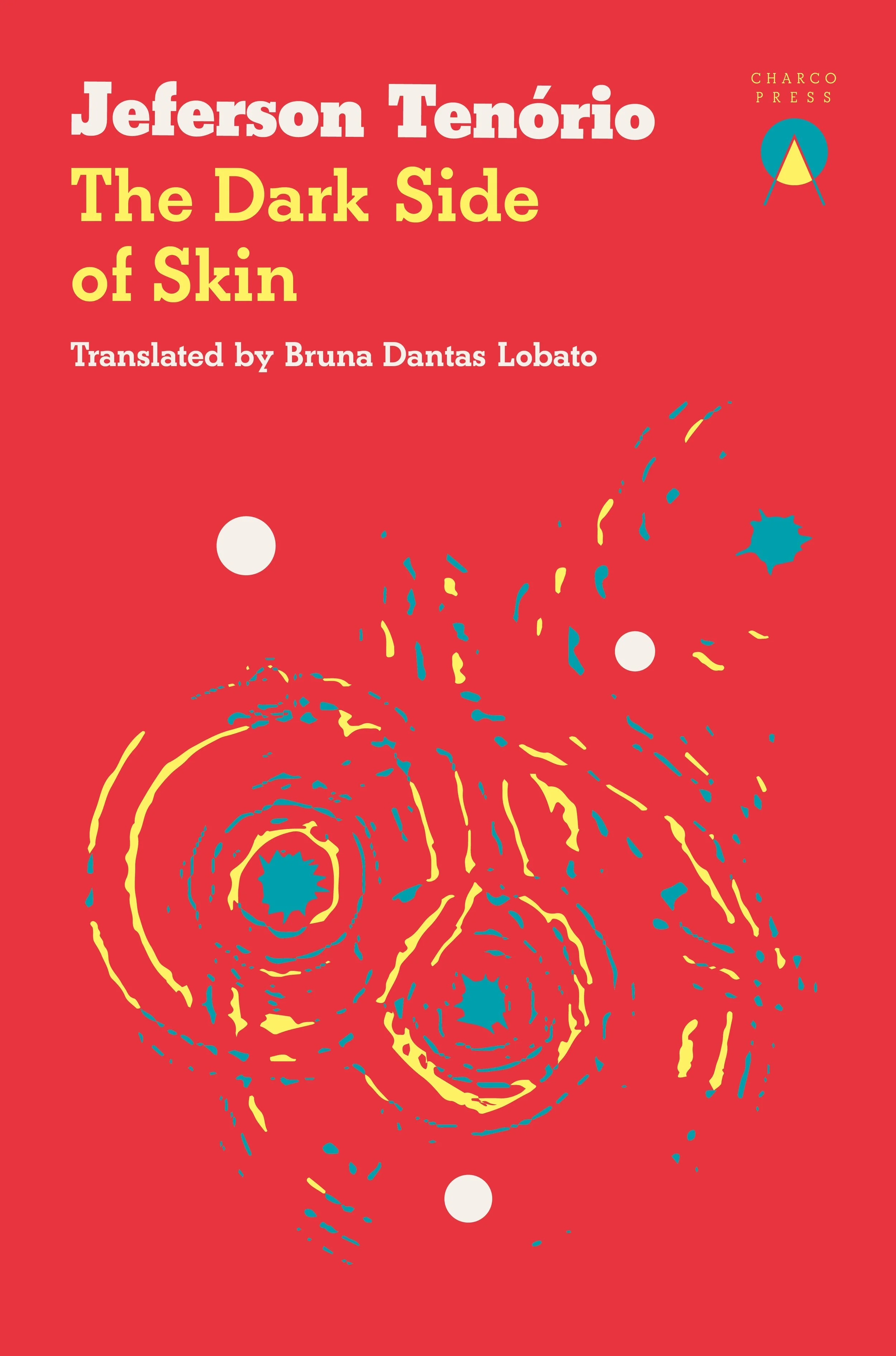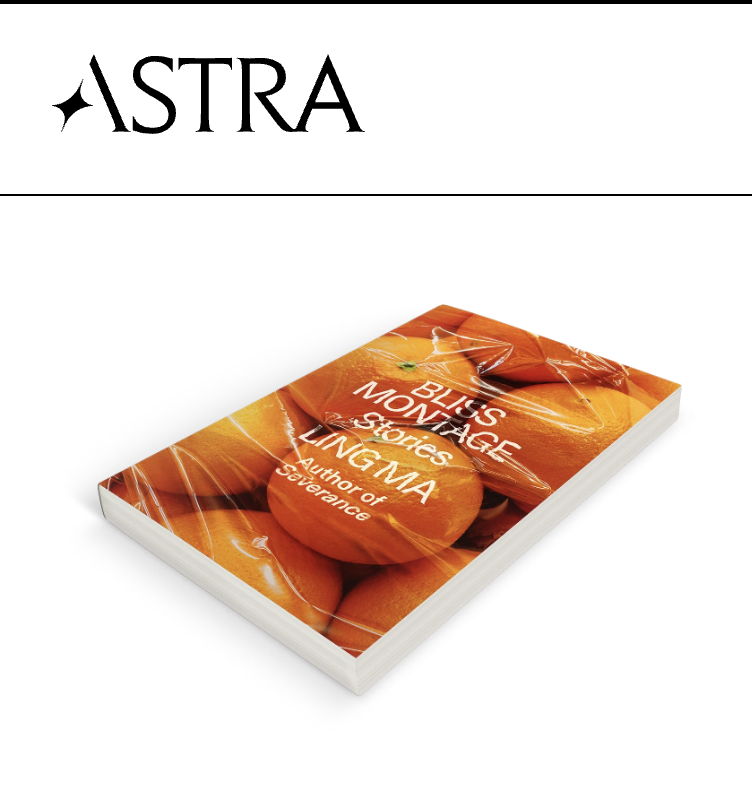FICTION
NONFICTION
Other nonfiction appears in Electric Literature’s Recommended Reading, BOMB, Largehearted Boy, Ploughshares online, The Millions, The Christian Science Monitor, Words Without Borders, Asymptote Journal, Music & Literature, Washington Square Review blog, Revista Pessoa, Exchanges, Plain China, The Economic Observer’s Book Review, The Feminist Wire, Creative Nonfiction, Bennington, and elsewhere.
